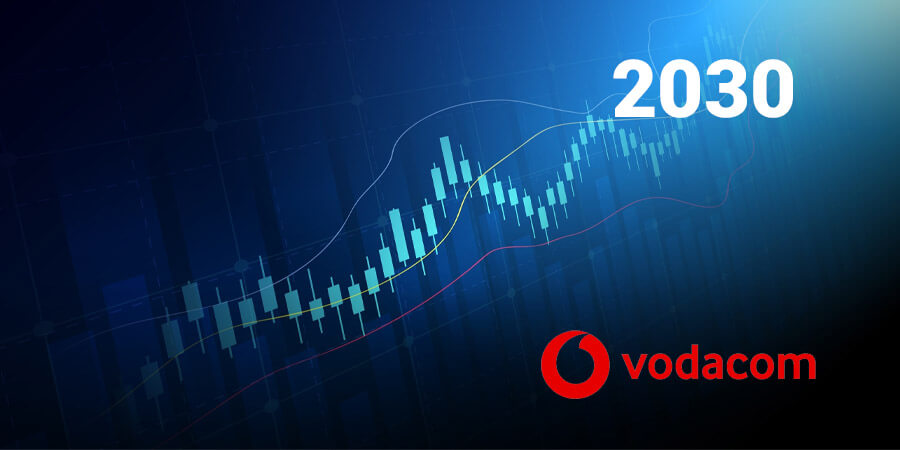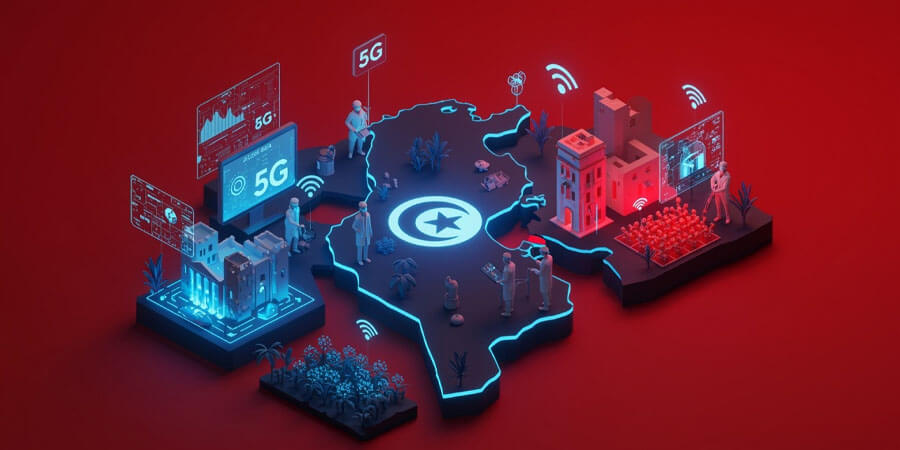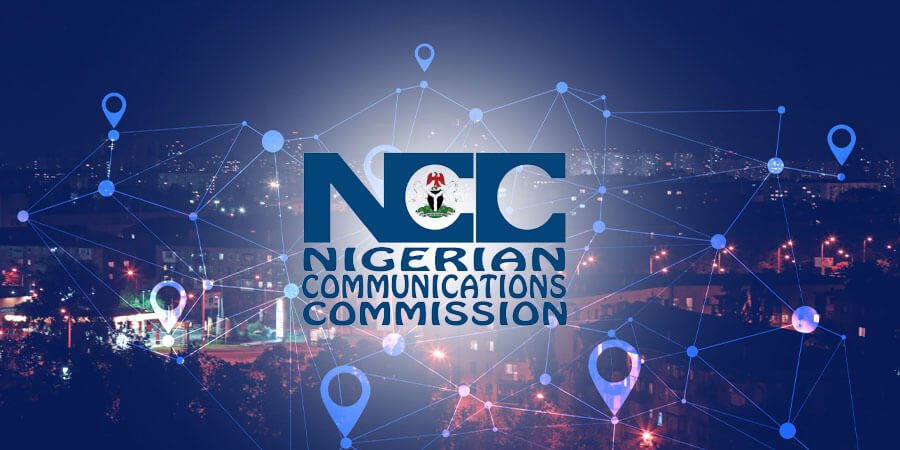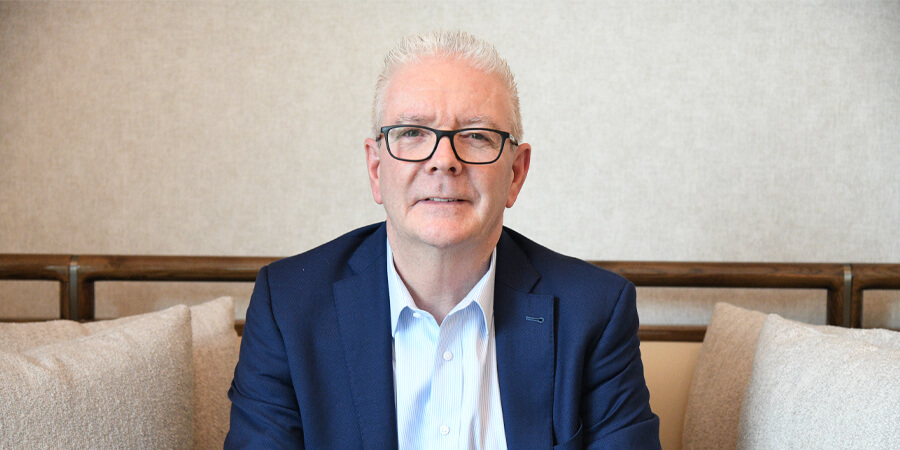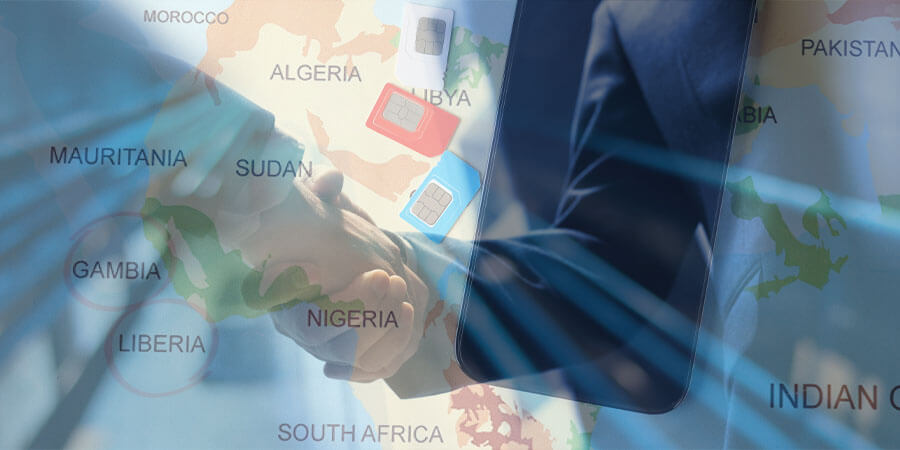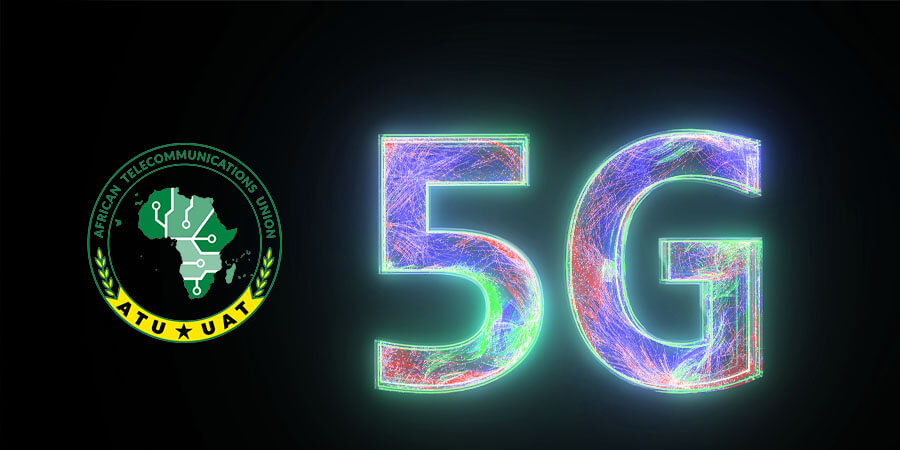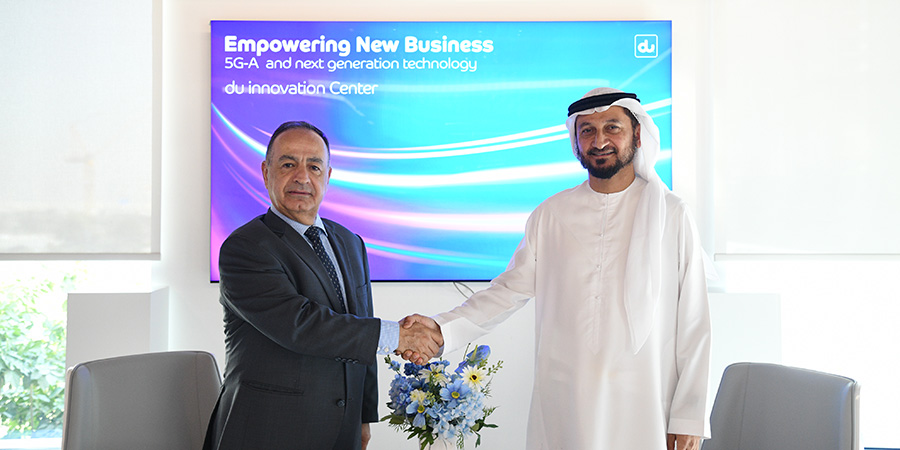Sierra Leone's telecommunications companies have reached an agreement with the government to adjust the pricing for their voice and Internet data services. Under the new arrangement, the minimum charge for mobile voice calls has been raised to 1.63 NLe from the previous 0.95 NLe, while the maximum charge for mobile voice calls is now set at 1.86 NLe, up from 1.1 NLe. Additionally, the fixed rate for mobile data services has been increased from NLe 15 to NLe 20.
This revised tariff schedule resulted from negotiations involving mobile network providers, the National Telecommunications Authority (NATCOM), and the Ministry of Communications, Technology, and Innovation. Initially, the telecom operators had proposed a 100% tariff hike in response to various factors significantly affecting their operational expenses, such as inflation, escalating fuel, and electricity costs.
In exchange for the approved rate adjustments, telecom operators have committed to several obligations to the government, including reinstating bonuses and promotions, as well as enhancing the overall quality of service.





